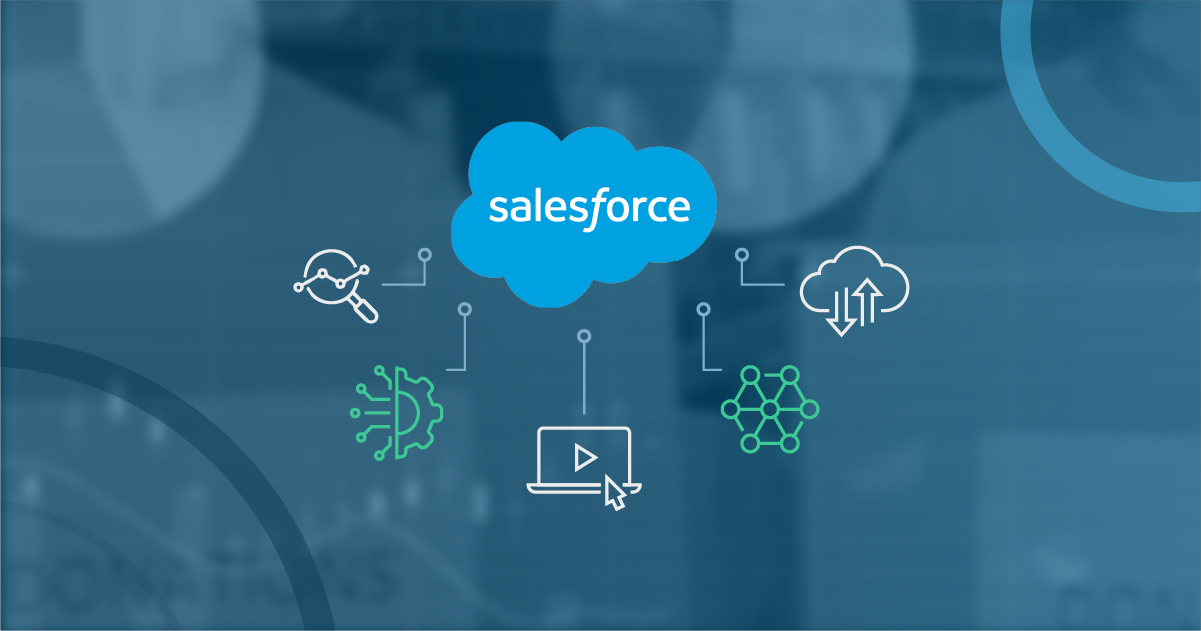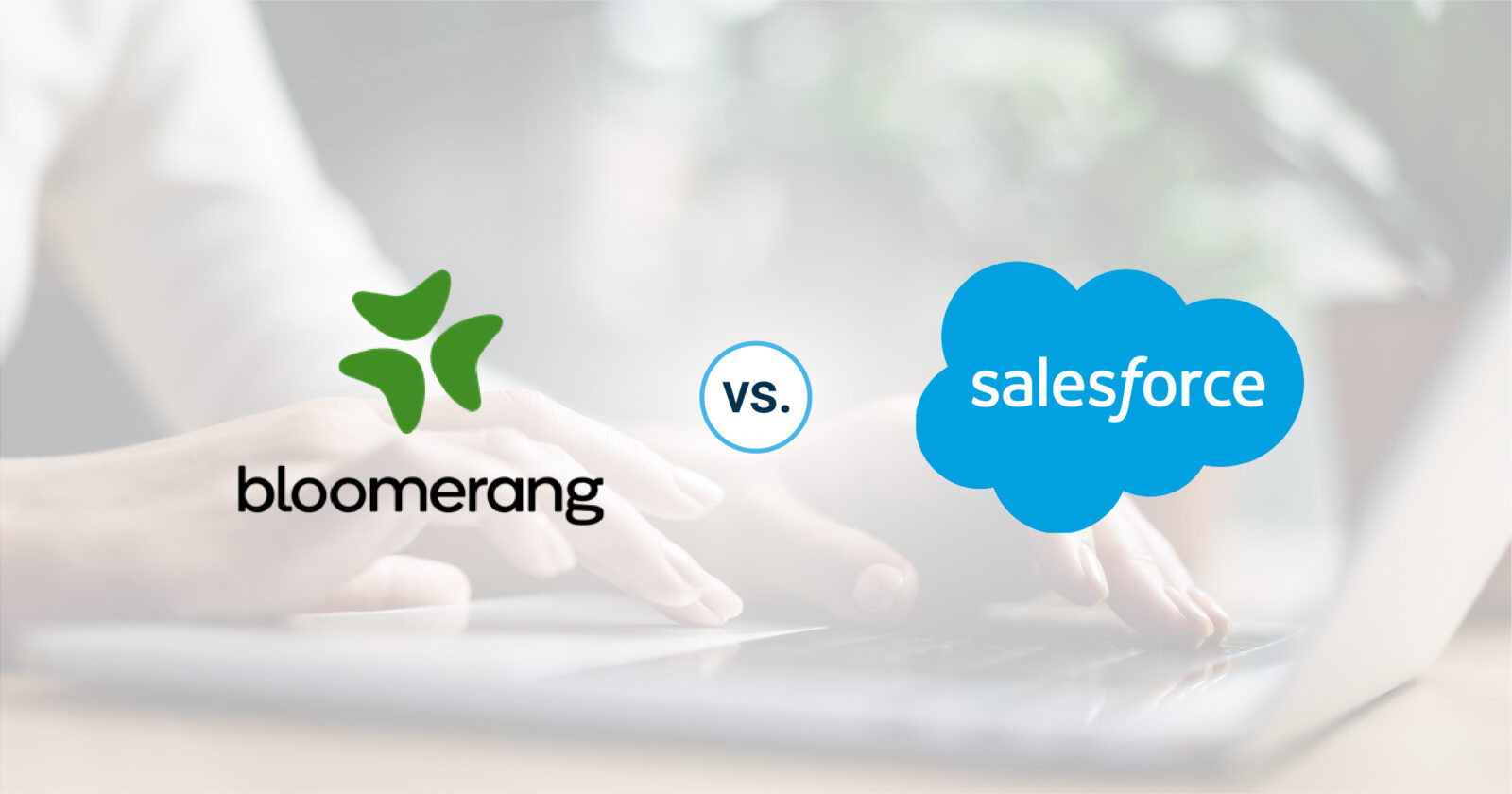
A customer relationship management tool, such as Salesforce, is the type of tool that completely transforms the way you do business. If you keep track of your clients and prospects through spreadsheets or paper, have a sales team that manually follows their leads and follow-ups, and struggle with scaling your operations, a CRM solution is exactly what you need to start moving forward.
Centralizes Your Sales, Marketing and Customer Support Information
Businesses have access to an endless amount of customer data, but only if they have somewhere to track it. A CRM provides you with full visibility into many pieces of information from sales, marketing and customer support. Here are a few things you put together in one place through a CRM solution:
- Name
- Lead stage
- Contact information
- Purchase history
- Customer touchpoints
- Contact history
- Engaged content
- Social media feed
- Job title
- Company
- Website
- Deal size
- Lifetime value
- Customer segment
- Last contact date
- Assigned sales rep
- Customer support tickets
- Conversion threads
Reduces Administrative Workload
Administrative work cuts into the time sales, marketing and customer service teams have to attract and retain new prospects. Time-consuming and inefficient business processes don’t play to the strengths of employees in these departments. They dread the inevitable paperwork load that takes them away from what they were actually hired to do. A CRM tool automates many repetitive tasks, such as data entry, so your staff regains all this unproductive time.
Adds Consistency to Customer and Client Interactions
The client’s journey takes place over many channels and devices, which makes it challenging to present a consistent experience along the way. A common situation occurs when a lead wants to move from one communication platform to another. For example, they start a conversation on your live website help tool, then move over to the phone or email. Companies without a CRM solution often end up retreading the same grounds or forcing customers to repeat information. It doesn’t take too many rounds of this before they get frustrated.
A CRM gives every customer-facing employee the information they need to know what went on before, why they’re getting in contact with your company and the most useful content to help them out.
Produces Valuable Insights on Your Sales, Support and Marketing Performance
With a CRM system, you gain a top-down view of sales, marketing and support performance in a single panel. The reports are easy to generate, whether you’re looking at how many deals the sales teams closed or the number of people your support team helped during the post-sales process.
This data gives you the opportunity to identify weak spots at any point in the customer journey. Perhaps the lead-nurturing content doesn’t accurately address the most common questions support hears or sales team follow-ups suffer during busier periods. Before CRM, you’d have to wait for a report on this information to do anything about it. After you have one in place, you can keep track of everything in real-time.
Over time, you optimize the customer experience, so you gain higher revenue, better retention and a team empowered with the tools they need for the best performance. You can react faster to situations that lower performance or threaten the growth rate of your company, which is necessary in a business world where entire industries get disrupted overnight.
Salesforce and other CRM solutions are a must-have tool for any business that wants sustainable growth. The automation alone is worth the price tag, and the rest of the benefits sweeten the deal.
Sources:
https://www.salesforce.com/assets/pdf/misc/Salesforce-_How_a_CRM_Solution_Helps_Your_Business_Grow.pdf
https://www.salesforce.com/blog/2014/04/crm.html
https://econsultancy.com/blog/66287-the-five-biggest-benefits-of-crm-systems/











